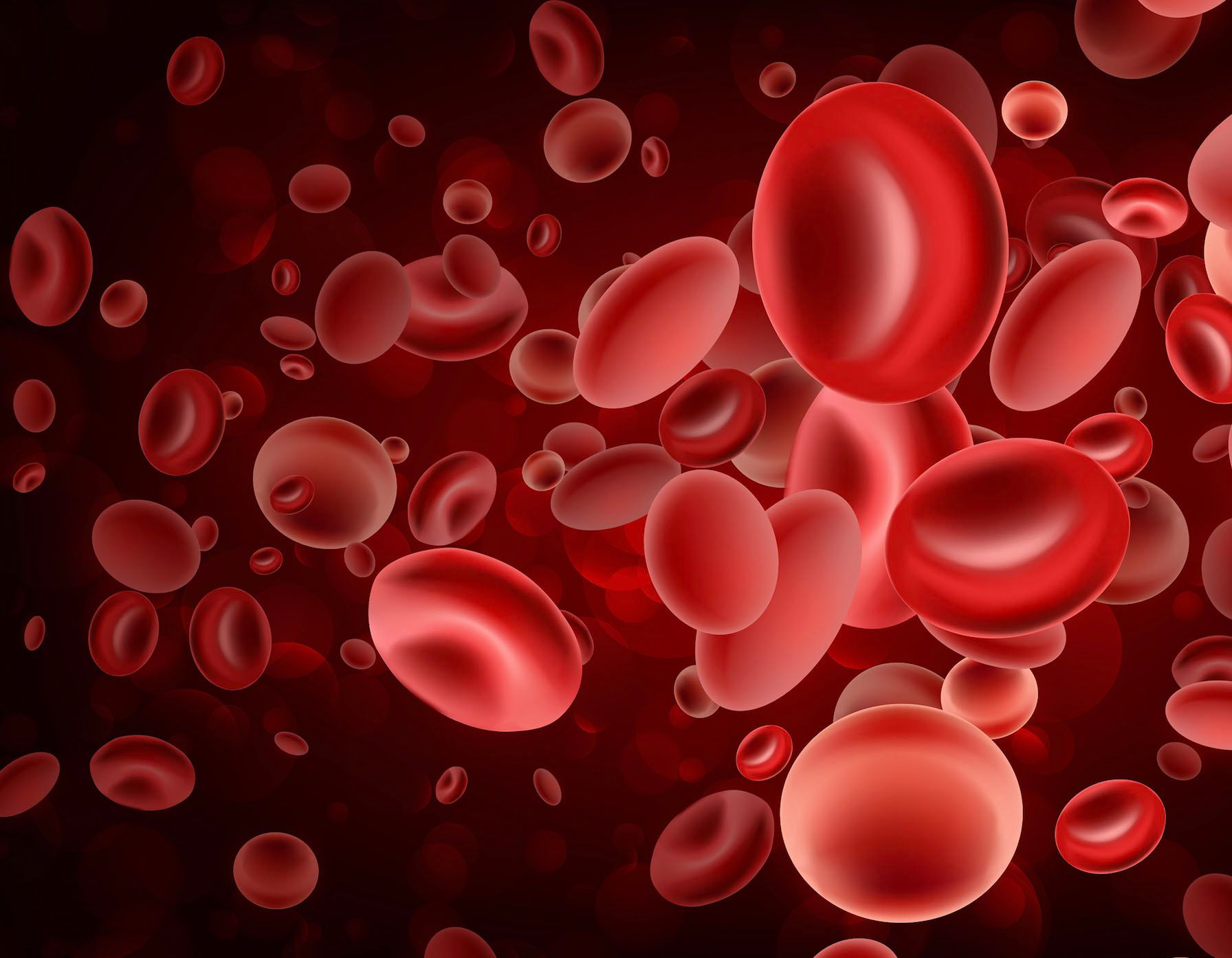Isatuximab With Carfilzomib and Dexamethasone Extends PFS in Relapsed Multiple Myeloma
"This is the second positive phase 3 trial for Sarclisa, further supporting the potential our medicine has to improve outcomes for patients struggling with relapsed multiple myeloma.”

The addition of isatuximab (Sarclisa) to carfilzomib (Kyprolis) and dexamethasone prolonged progression-free survival compared with carfilzomib and dexamethasone alone in patients with relapsed multiple myeloma, meeting the primary end point of the phase III IKEMA clinical trial, the drug developer Sanofi announced.1
“When Sarclisa was added to standard-of-care treatment carfilzomib and dexamethasone in this phase 3 trial, results clearly demonstrated a significant reduction in risk of disease progression or death,” said John Reed, MD, PhD, global head of Research and Development at Sanofi. “This is the second positive phase 3 trial for Sarclisa, further supporting the potential our medicine has to improve outcomes for patients struggling with relapsed multiple myeloma.”
The planned interim analysis results also showed no new safety signal with the addition of isatuximab to carfilzomib and dexamethasone. These results will be submitted to an upcoming medical meeting. Also, the data are sufficient for regulatory submission, which Sanofi is planning for later this year.
An intention to launch the phase III IKEMA trial was announced in 2017, a few months after isatuximab was granted Orphan Drug Designation by the FDA in combination pomalidomide and dexamethasone versus pomalidomide and dexamethasone in patients with relapsed/refractory multiple myeloma. Two other phase III studies were announced at the same time.2
IKEMA is a randomized, multi-center, open-label trial enrolling 302 patients with relapsed multiple myeloma. The study is being conducted in 69 cancer centers across 16 countries.1
The monoclonal antibody isatuximab is administered to patients at a dose of 10 mg/kg once weekly for 4 weeks, followed by every other week for a cycle of 28 days. Carfilzomib 20/56 mg/m2 is given twice weekly, and dexamethasone is administered at the standard dose for the length of therapy. The secondary end points being explored in the study include overall response rate, the rate of very good partial response or greater, minimal residual disease, complete response rate, overall survival, and safety.
Any patient with multiple myeloma that has been previously treated with 1 to 3 prior lines of therapy and has measurable disease is eligible to enroll in the trial. Individuals who received prior treatment with carfilzomib within 14 days of the start of the study are ineligible to enroll. Patients under the age of 18 years old with inadequate biological tests, myocardial infarction, previous cancer within in 5 years, and known acquired immunodeficiency syndromes related illness are also ineligible to enroll.
The IKEMA is expected to complete in November of 2020.
References:
1. Sarclisa (isatuximab) phase 3 IKEMA trial meets primary endpoint early in patients with relapsed multiple myeloma [news release]. Paris, France: Sanofi; May 12, 2020. https://bit.ly/2Ahe4Rr. May 12, 2020.
2. Sanofi explores combination treatments for multiple myeloma in new late-stage trials [news release]. Cambridge, Massachusetts: Sanofi; December 7, 2017. https://bit.ly/2SYgYBc. Accessed May 12, 2020.
Supportive Care Helps Manage AEs With Teclistamab in R/R Multiple Myeloma
December 13th 2024During a Case-Based Roundtable® event, Hana Safah, MD, discussed updated data and adverse event management related to teclistamab in patients with multiple myeloma in the second article of a 2-part series.
Read More